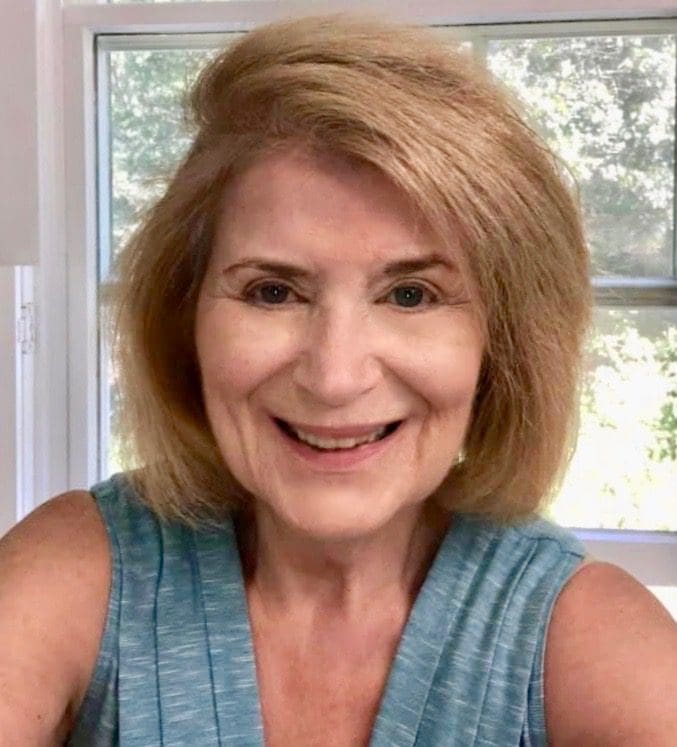Search Posts
Recent Posts
- Senior Agenda Coalition of RI pushes wealth tax to fund programs for older residents – Herb Weiss June 2, 2025
- How will Artificial Intelligence (AI) impact the future of work – Mary T. O’Sullivan June 2, 2025
- Real Estate in RI: Tiverton contemporary for $1.27M June 2, 2025
- Our Networking Pick of the Week: Coffee Hour at Provence Sur Mer, Newport June 2, 2025
- Rhode Island Weather for June 2, 2025 – Jack Donnelly June 2, 2025
Categories
Subscribe!
Thanks for subscribing! Please check your email for further instructions.

Leading in a Cross Generational Workforce
By Mary T. Sullivan, MSOL
“That which seems the height of absurdity for one generation, often becomes the height of wisdom in another” – Adlai Stevenson
A generational crisis is facing all of industry in the next two decades, as about 60% of the workforce, Baby Boomers, are set to retire. Industry knows it has to prepare for the eventual turn-over in generations to ensure the future of its intellectual capital. In certain organizations, more and more young faces are integrated every week. We celebrate their first day at work with a large reception and a group picture, flashed across plasma screens throughout all locations. While this important recognition is admirable and makes the new hires “feel good”, many Boomers consider it just style over substance. Just another touchy-feely exercise leading to small improvement in the way to conduct business and solidify the future. The question is always, “are these young people going to add value? And how will they add value?”
While a company plans for its future, integrating generations may not always work out as the HR department or the recruiters planned. Organizations have to address the inevitable tensions arising due to conflicting levels of experiences, values, expectations, work habits, and communication styles, as well as perceived favoritism or even nepotism.[i] While the business places a great focus on the younger generation, are the needs of the older generation sufficiently considered?
As a Boomer encountering a GenXer or Y in a work setting, older workers often dread the experience. They immediately react in one of three ways: After the initial apprehension, they may think, “How bad a slacker is he/she? Who actually does his/her work?” Or, if luck prevails, he/she is the son or daughter of another employee and will perform well as a matter of family pride and tradition, so as not to embarrass the parent. (“Whose offspring is this?”)
Tensions definitely arise when relatively mildly talented younger individuals take advantage of this unique situation: lots of Boomers clearly looking to retire, lots of future empty slots. Sometimes we Boomers wonder, “Do you really think you can take our place? What have you proven you can do?”
The CCL Podcast, 10 Principals for Working Across Generations, offers solutions that speak to reconciliation of generational conflict. According to CCL, when common cross-generational values and behaviors are applied, it’s easier to look past stereotypes and labels. In their seven-year study, CCL found that these ten principals hold true across all generations. As stated in the Podcast, shared values are: Family, integrity, achievement, love, competence, happiness, self-respect, wisdom, balance and responsibility.
Moreover, when properly applied, CCL’S 10 Principles and shared values can remind a business to keep its moral compass, by providing leadership across generations to mitigate these inevitable inter-generational conflicts. However, unless leadership has clearly defined the principles and values to all generations, a pathway to discord is paved.
For example, a boomer may be currently working with a young woman who has advanced very quickly; promoted two levels in two years. She is considered a fast tracker and is being groomed and mentored for some future “significant “role. She is bright, and has domain knowledge, but her work has been incomplete, haphazard, and even untruthful. What if the boomer has documented her lack of attention to detail, with examples of placing risky milestones in sales forecasts with her full knowledge that the supplier is never going to make promised delivery dates?
By contrast, another GenXer, a male co-worker, hasn’t moved as quickly. He is diligent, honest; detail oriented, and gets the job done. He makes no attempts to “game” the system. He comes in early and stays late, even with two little kids at home. He shoots for work life balance, but also takes work home. He is not receiving any special mentoring or coaching. He has not had a promotion in several years. He is angry. He perceives a “slacker” is moving ahead of him. He wants to leave the company. But his father-in-law is a former VP and the family pride would suffer if he quits.
Although generational differences need to be considered in attracting and growing a large business’s brain trust, its failures of effective leadership and ignorance of executing values behavior may have the opposite effect, an inadvertent widening of the generation gap, risking loss of precious national intellectual assets.

Connect with Mary:
Mary@encoreexecutivecoaching.com
www.encoreexecutivecoaching.com
Mary T. O’Sullivan
Mary O’Sullivan has over 30 years of experience in the aerospace and defense industry. In each of her roles she acted as a change agent, moving teams and individuals from status quo to higher levels of performance, through offering solutions focused on changing behaviors and fostering growth.
Mary has a Master of Science in Organizational Leadership from Quinnipiac University. In addition, she is also an International Coaching Federation Professional Certified Coach, a Society of Human Resource Management Senior Certified Professional and has a Graduate Certificate in Executive and Professional Coaching, from the University of Texas at Dallas.
In her leadership and executive coaching, she focuses on improving the executive behaviors that slow down performance and lead to growth, such as soft skills, communication, micro-bias awareness, etc. She has successfully helped other professionals, such as attorneys, surgeons, pharmacists, and university professors, make career decisions to lead to success in their chosen careers. In addition, small business owners have sought Mary’s services to bring their companies into greater alignment, working on their culture, vision, mission, values and goals as well as organizational structure. Mary’s executive coaching has been mainly with large organizations among them: Toray Plastics America, Hasbro, Raytheon Company, Lockheed Martin, CVS Healthcare, Sensata Technologies, Citizen’s Bank, Ameriprise, BD Medical Devices, Naval Undersea Warfare Center, (Newport, R.I.), General Dynamics, University of Rhode Island, Community College of Rhode Island, etc.
Mary has facilitated numerous workshops on various topics in leadership such as, emotional intelligence, appreciative inquiry, effective communication, leading in adversity, etc. She has also written extensively on similar topics.
Mary is also a certified Six Sigma Specialist, Contract Specialist, IPT Leader and holds a Certificate in Essentials of Human Resource Management from the Society of Human Resources Development. Mary is also an ICF certified Appreciative Inquiry Practitioner, and a Certified Emotional Intelligence assessor and practitioner.
In addition, Mary holds a permanent teaching certificate in the State of New York for secondary education with Advanced Studies in Education from Montclair University, State University of New York at Oswego and Syracuse University. She is also a member Beta Gamma Sigma and the International Honor Society.
Mary dedicates herself to coaching good leaders to get even better through positive approaches to behavior change for performance improvement
